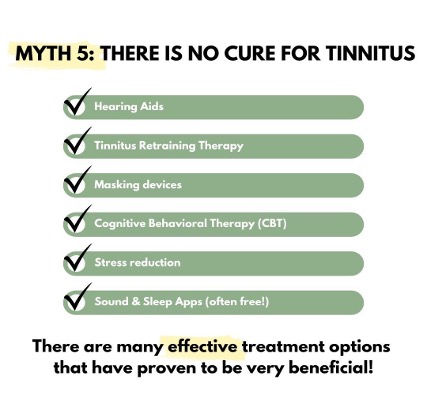Learning Vocabulary
Vocabulary development can vary greatly from child to child. Generally,
Join Us For Our Adult Cognitive Communication Social Group! Learn More


Vocabulary development can vary greatly from child to child. Generally,

Noise-induced hearing loss (NIHL) can happen to anyone, at any age. It is

At Premiere Speech and Hearing, we’re dedicated to helping you